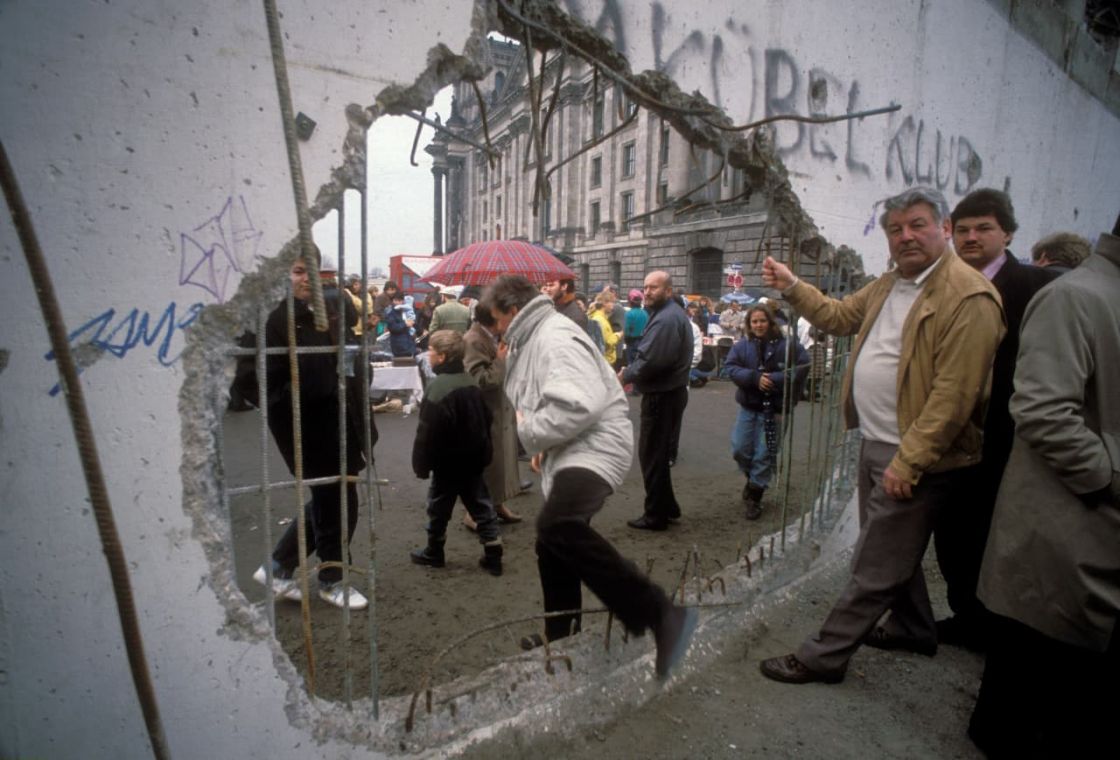- Editorials
- Posted
Kassioun Editorial 1059: The Post-Ukraine World
The Ukrainian subject continues to occupy the leading position on the world stage for the second week in a row. Although this will remain so for quite some time, even if the military operations phase ends soon, the nature of the ongoing battle, as well as the major features of the post-Ukraine world, have already begun to become clear:
First: The historical validity of the global political system in its existing form, represented by the UN and all the major international organizations, which still reflect in their composition and work mechanisms outdated international balances, has expired. This expiration is not only reflected in the inability of these international institutions to solve the various global problems, but even more in their being a contributor to their complexity, deepening, and prolongation. This stems from Western manipulation within them. This also means that it has become necessary and urgent to reconsider their radical composition in a way that is consistent with the real balance of powers. In particular, it has become a necessity to represent countries and continents of great real and human weight in the Security Council (India and Africa, to name a few).
Second: If recent history witnessed the dissolution of the Warsaw Pact, then the NATO alliance continued, and even expanded, creating and bringing one crisis after another. The post-Ukraine world should be free of military alliances, which means that it is time to dissolve NATO. As for emerging crises that may arise, they should be resolved through the UN (after reforming it), by consensus and understanding within a more balanced and just world.
Third: Western sanctions against Russia, especially disconnecting a large number of its banks from the system of international interbank transfers (SWIFT), and the ensuing effects on the global energy and food markets, will accelerate to the maximum the processes that have been underway for nearly two decades. That is: a) the steady decline in the capacity of the existing global financial system that is based on the dominance of the dollar; b) the decline in the possibilities of continuing with the unequal exchange; c) the development of inter-relations between China and Russia, as well as between Russia and China together, and other countries around the world within the BRICS system and others, leading to achieving a geopolitical upheaval in the international trade system and lines, and in the division of international labor.
Fourth: The economic and financial crises, especially the energy and food crises, will reach an unprecedented peak in the coming months. Accordingly, we should expect that deep screening processes will take place across the world, and the new global wave of popular movements will include the entire planet, and perhaps starting from Europe in particular this time.
Fifth: The complication and prolongation of all the regional crises were contributed to by the unbalanced world order, which is governed by the dominance of American plundering. The possibilities of resolving these crises will become greater in the coming days, with the actual collapse of this order.
Sixth: Regarding us directly in Syria, the narrow-mindedness and short-sightedness of extremists in the regime and the opposition lead them to believe that the ongoing global conflict would open the door again to the propositions of “military decisiveness” and “toppling” alike. The truth of the matter is that what allowed these propositions to come to life was a stalemate fine line between Russia and the US, i.e., the idea of strategic dialogue and the possibilities of consensus. Now that this fine line has been cut, the door is open to a real and full implementation of UNSC Resolution 2254 – which the West never wanted to implement – without the West, and even against it if necessary, and through Astana, as clearly indicated by the Kremlin press release on the phone call between Putin and Assad.


